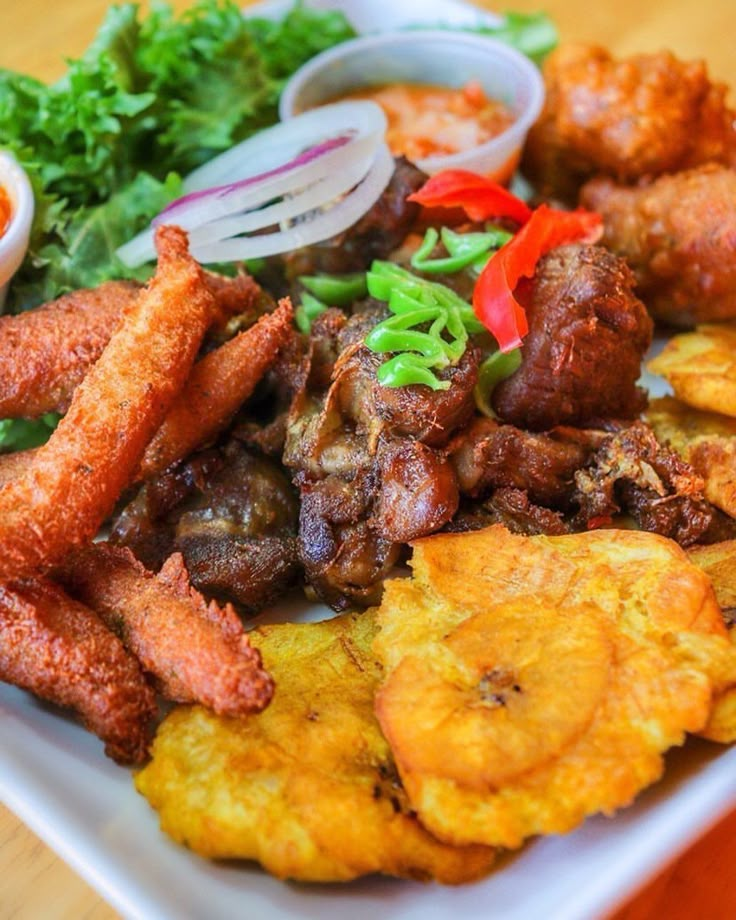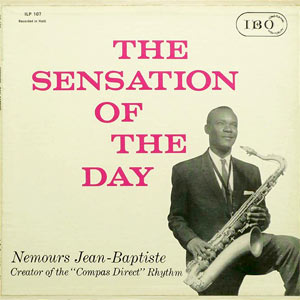

Haitian herbalism is a rich tradition deeply rooted in culture and daily life, offering natural remedies that have been passed down through generations. Rebecca Fils-Aime, a holistic herbalist and public health practitioner, draws on her Haitian heritage and personal experience to educate others about these powerful plants and their uses. “My story started in my grandmother’s garden back in the 90s,” Rebecca shares. “As a child, I was either playing with the plants, helping my grandpa harvest from the plants (plantain, sugarcane, herbs, etc.), or helping my grandma break down what my grandpa just harvested (like beans). I grew up with my family making herbal teas all the time, for preventative health and especially during times of sickness.” She emphasizes that her priority is helping Caribbean people reconnect with the wellness systems of their ancestors by educating them about these traditions.
Here are seven key Haitian herbal remedies Rebecca highlights, along with their benefits:
Catnip
Catnip, a plant in the mint family with a strong aroma, is commonly used in Haiti as a tea to help with colds, upset stomach, and to “clean the blood.” This practice of “cleaning the blood” is widespread, with many plants supporting this holistic concept of detoxification. Rebecca explains how her family used catnip teas regularly and how these traditions shaped her understanding of health especially with Haitian remedies.
Bitter Melon Leaf (Asosi)
Known as asosi in Haiti and cerasee in other Caribbean regions, bitter melon leaf is packed with vitamins and used to support skin health. Haitians also use it as a laxative or diuretic to “clean out” the digestive system. Rebecca notes the importance of this plant in her family’s health practices, often consumed as a bitter tea to aid digestion and detoxification.
Hibiscus
Called choeblack or rose kayenn in Haiti, hibiscus is used to make a flavorful tea or syrup rich in vitamin C. Rebecca points out its immune-boosting properties and its role as a traditional remedy to support overall wellness.
Ginger (Jenjanm)
Ginger is popular widely used Haitian remedy for stomach issues and to reduce muscle tension, including menstrual cramps. Rebecca recalls how ginger tea was a staple in her household for soothing digestive discomfort and easing uterine pain during menstruation.
Cloves (Jirof)
Cloves are a common ingredient in Haitian cuisine and traditional medicine. They aid digestion and provide pain relief, especially for mouth pain when chewed. Rebecca highlights cloves as an example of how food and medicine often overlap in Haitian herbalism.
Lemongrass (Citronelle)
Lemongrass has a pleasant aroma and is used both as a mosquito repellent and as a tea to support digestive health. Rich in antioxidants, it is often planted around homes or used in lemongrass-based repellents. Rebecca shares how lemongrass is a practical and versatile plant in Haitian households.
Sugarcane (Kann)
Sugarcane juice is valued for its high electrolyte content and is commonly consumed as a natural post-workout drink. It also has anti-inflammatory and antiviral properties and is used in Haiti to soothe sore throats and colds. Rebecca fondly remembers chewing sugarcane stalks as a child and its role in traditional healing.
Rebecca’s path to becoming a holistic herbalist and public health practitioner was shaped by her upbringing and education. “In high school and college, I started wanting to learn more about how they knew which plants to use and when. Since then, I’ve been studying various plants in different ways,” she explains. She chose public health over clinical medicine because she realized “being a nurse or a doctor aren’t the only ways to impact health. I feel like impacting larger systems of health is more effective than what I thought I wanted to do at the time, so I did a lot of research and made a career change right before going to medical school.”

Rebecca’s approach focuses on education rather than selling products. “My platform is all about education instead of selling specific products. I share all my knowledge and creations on my Instagram and I occasionally make products for my family members or holistic wellness clients.” For those interested in learning more, she invites people to follow her on Instagram @ItsBecca_J, where she shares herbal wisdom and updates about her upcoming blog.
Through her work, Rebecca continues to honor Haitian herbal traditions while empowering others to reclaim their health using the natural remedies of their ancestors.


